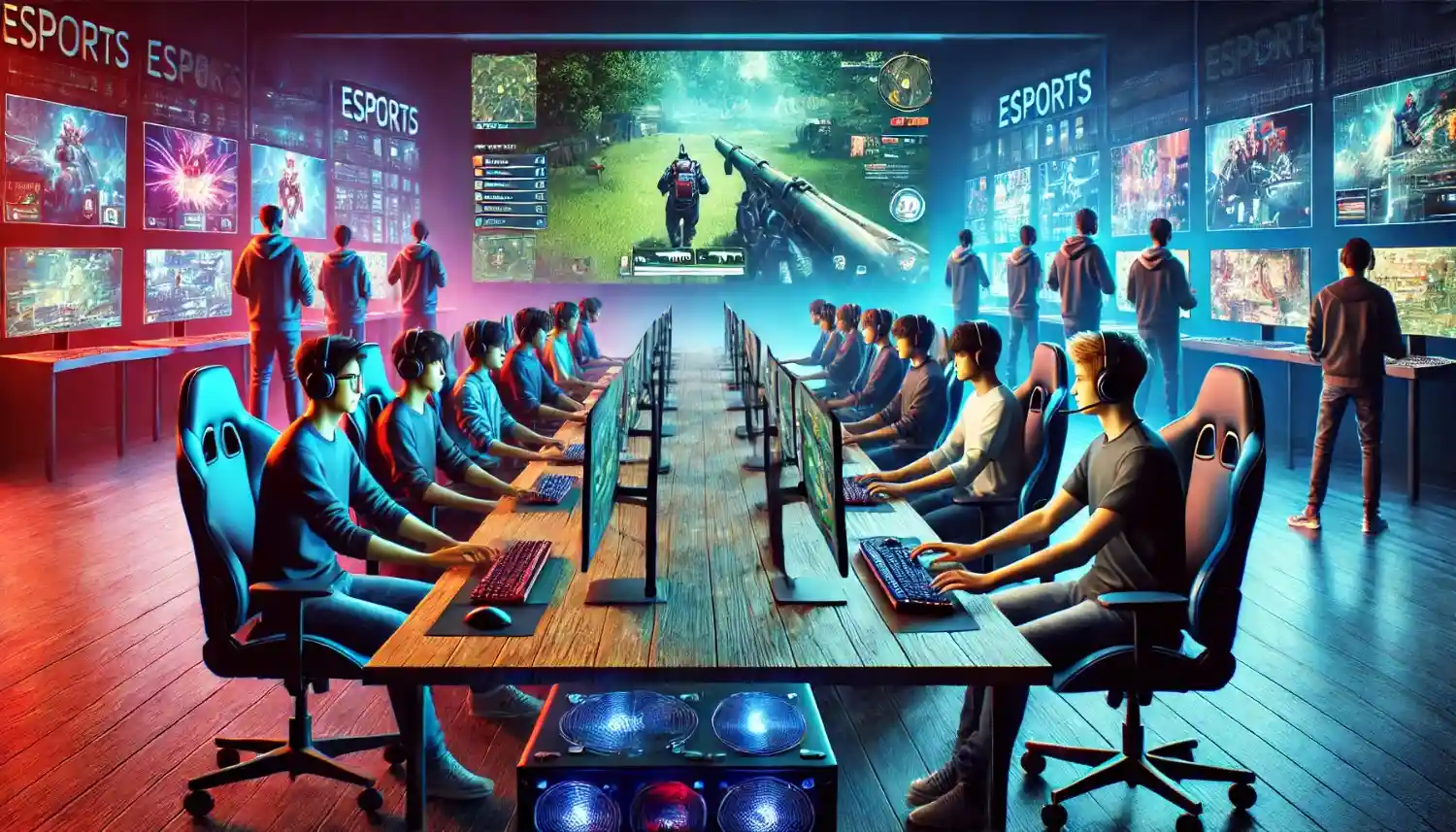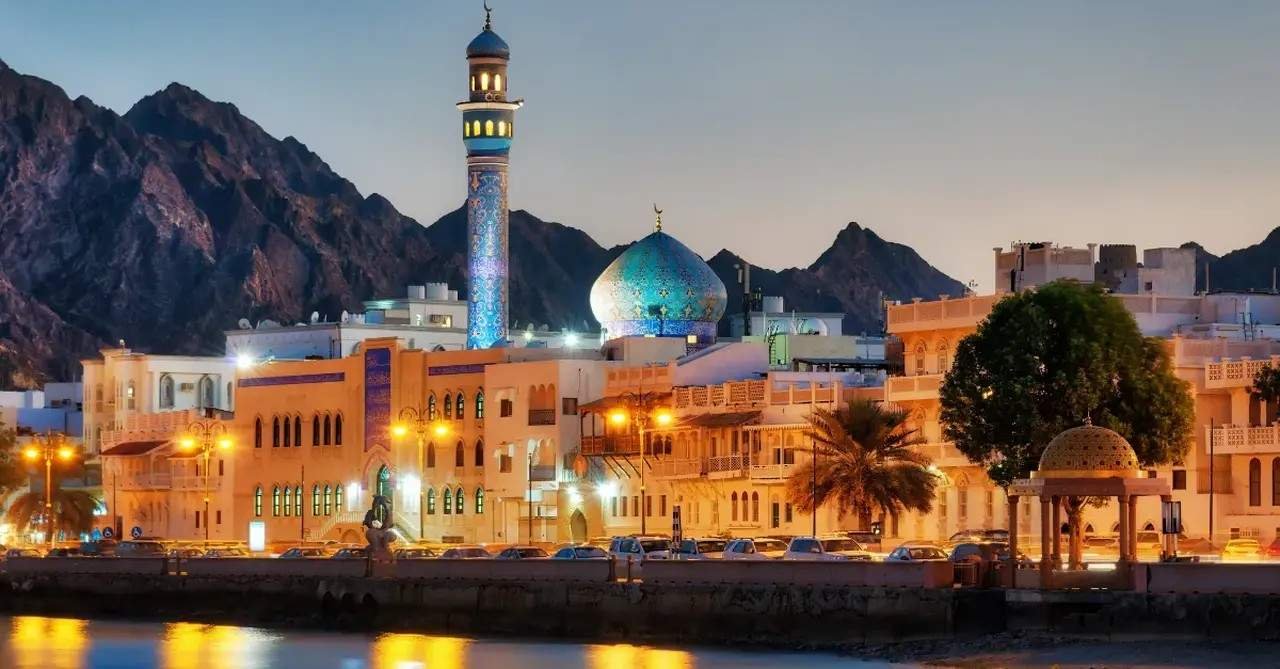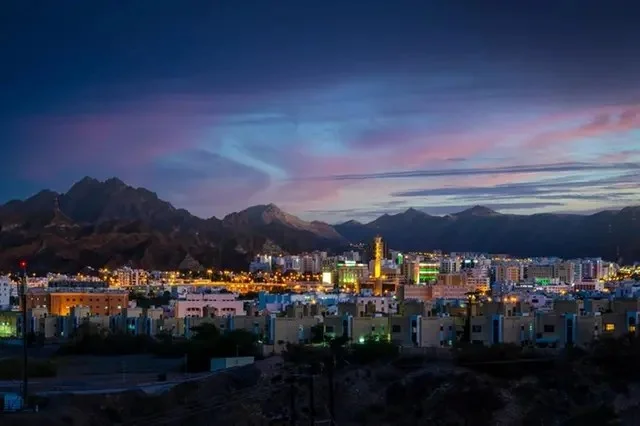While mobile games like AviatorGame have long dominated Bangladesh’s online gaming scene, esports is now emerging as a powerful force, poised to challenge this long-standing trend. This shift in entertainment could spark both an economic and cultural revolution, as the country navigates the complexities of digital and infrastructure growth.
A Deeper Look into Bangladesh’s Esports Industry
Most coverage of esports in Bangladesh tends to focus on mobile games’ popularity, tournament prize pools, and success stories, but the reality is far more nuanced. The esports industry faces unique challenges that are often overlooked in mainstream reports, yet these obstacles play a significant role in its growth.
An unexpected connection exists between Bangladesh’s booming garment industry and the rise of esports. Many young individuals, working in clothing factories during the day, engage in gaming at night, creating a unique intersection between the country’s main export sector and its new digital frontier. Informal gaming groups are using mobile phones in workers’ dormitories to provide training and mentorship for aspiring esports professionals.
Prize Money and Professional Progress in Esports
The economic landscape of esports in Bangladesh reveals both opportunities and constraints. A modest prize pool for professional gamers reflects the financial limitations of the industry. In total, 117 players earned $253,723.37 in prize money across 116 competitions, a figure comparable to the annual revenue of a small Dhaka restaurant.
The bulk of the prize money comes from PUBG Mobile, which generated $127,158.36. This dominance is indicative of the regional trend where mobile esports, especially PUBG Mobile, thrives due to its accessibility and lower hardware requirements. The highest-earning player in Bangladesh, Md. Milon Hossain “OWNER” Munna, earned $12,050.00, which, though notable locally, still represents a modest income compared to global standards. As a result, many professional players supplement their earnings through streaming, coaching, or additional jobs, creating hybrid career models.
Infrastructure Challenges and Creative Solutions
Despite the growing internet user base in Bangladesh, challenges remain regarding connection quality and stability. Wealthier communities have formed network-sharing systems that allow multiple players to share a single high-quality connection, giving rise to informal gaming centers that serve both as training hubs and social spaces.
Another paradox arises with the country’s power infrastructure. Frequent power outages, especially during the summer, have led some esports teams to rely on solar power systems initially designed for essential services. This has inadvertently created a small but growing market for gaming-specific renewable energy solutions.
The Role of Family and Culture in Esports
Bangladesh offers a unique cultural context for esports, particularly in relation to family values. The concept of “digital elders” — parents who have worked in IT outsourcing and support their children’s digital endeavors — is gaining traction. These parents are increasingly becoming informal sponsors and advocates for esports, helping the next generation understand and embrace the industry.
Creative Economic Solutions and Educational Developments
The financial constraints of Bangladesh’s esports scene have led to innovative solutions. The country’s microfinance systems enable joint ownership structures within esports teams, allowing players to pool resources for equipment and share tournament winnings. Additionally, local tech entrepreneurs have made high-end phones and PCs available for rent at affordable rates, making it easier for aspiring gamers to access the necessary tools.
Surprisingly, esports is even making its way into Bangladesh’s education system. Some schools are incorporating esports management into their IT programs, helping to legitimize gaming careers to skeptical parents and opening up opportunities in areas such as event planning, team management, and content creation.
The Mobile Gaming Revolution
While mobile gaming dominates the esports ecosystem in Bangladesh, the country’s gaming culture differs from other emerging markets. The rise of “hybrid gamers” — players who practice on their phones but compete on desktop computers — has facilitated a transfer of talent that allows Bangladeshi gamers to compete internationally.
The Impact of Remittances on Esports Growth
Remittance money from Bangladesh’s large overseas workforce plays a critical but underreported role in the country’s esports development. Families receiving remittances invest in upgraded gaming equipment and internet infrastructure, creating community centers with high-quality facilities. Areas with a higher concentration of foreign workers tend to have more robust esports communities.
In Conclusion
Bangladesh’s esports scene is more than just a digital pastime — it’s a reflection of the country’s evolving economy, society, and technology. As the industry continues to grow, it may offer a new perspective on how esports can adapt to changing societal needs and infrastructure.















